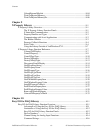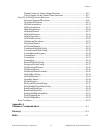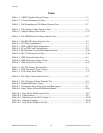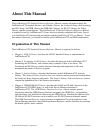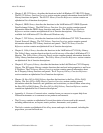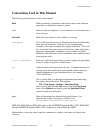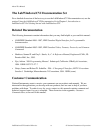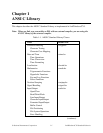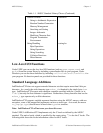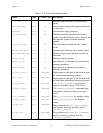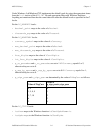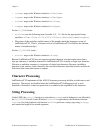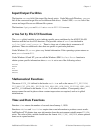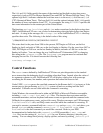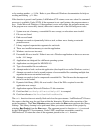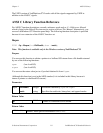
ANSI C Library Chapter 1
LabWindows/CVI Standard Libraries 1-2 © National Instruments Corporation
Table 1-1. ANSI C Standard Library Classes (Continued)
General Utilities <stdlib.h>
String to Arithmetic Expression
Random Number Generation
Memory Management
Searching and Sorting
Integer Arithmetic
Multibyte Character Sets
Program Termination
Environment
String Handling <string.h>
Byte Operations
String Operations
String Searching
Collation Functions
Miscellaneous
Low-Level I/O Functions
Under UNIX you can use the low-level I/O functions (such as open, sopen, read, and
write) from the system library by including system header files in your program. Under
Windows you can use these functions by including cvi\include\ansi\lowlvlio.h in
your program. No function panels are provided for these functions.
Standard Language Additions
LabWindows/CVI does not support extended character sets that require more than 8 bits per
character. As a result, the wide character type wchar_t is identical to the single-byte char
type. LabWindows/CVI accepts wide character constants specified with the L prefix (as in
L‘ab’), but only the first character is significant. Furthermore, library functions that use the
wchar_t type operate only on 8-bit characters.
LabWindows/CVI supports variable argument functions using the ANSI C macros, with one
exception: none of the unspecified arguments can have a struct type. As a result, the macro
va_arg (ap, type) should never be used when type is a structure.
Note:
LabWindows/CVI will not warn you about this error.
Under UNIX, LabWindows/CVI implements only the C locale as defined by the ANSI C
standard. The native locale, which is specified by the empty string, "", is also the C locale. The
following table shows the locale information values for the C locale.



